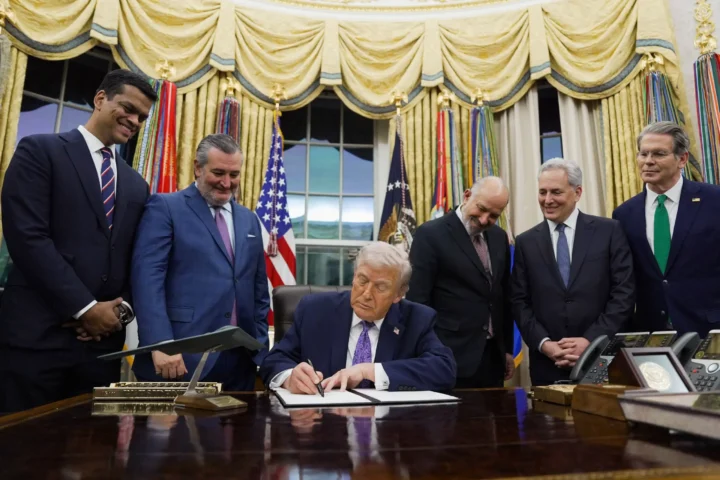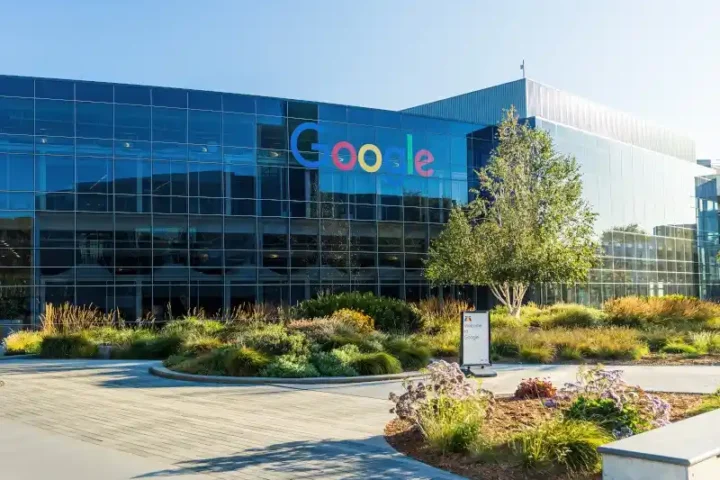In American politics, technology has always been a paradox — celebrated as the engine of growth while feared as a force that must be tamed. The latest flashpoint in this uneasy relationship is artificial intelligence, and the battleground is the clash between Washington Republicans and California regulators.
The GOP’s Nationalist Argument
Republicans like Sen. Ted Cruz are framing California as a bottleneck to U.S. global dominance in AI. Their rhetoric is sharp: California’s Democratic leadership — from Sacramento to Los Angeles — is portrayed as a cartel of “far-left” regulators poised to strangle innovation with rules. To Cruz and his allies, this isn’t just about local governance; it’s about whether America can compete with China. If 50 states each impose different AI laws, they argue, the U.S. risks becoming a regulatory patchwork incapable of moving at the speed of international competition.
It’s a clever argument because it aligns national security, economic growth, and partisan politics into a single narrative: California equals red tape, Washington equals freedom to innovate.
California’s Counterclaim
California officials, however, reject the caricature. They argue the state has done more to advance AI than anyone else — not just by nurturing Silicon Valley, but by implementing AI projects in government services and vetoing overly restrictive measures when necessary. The message: California isn’t anti-tech; it’s pro-responsible tech.
Indeed, California’s record is nuanced. The state has passed tough transparency and safety measures — like guardrails for chatbots in sensitive contexts — but Gov. Gavin Newsom has also vetoed bills the tech industry opposed. The truth is that California is trying to thread the needle: advancing AI while addressing its risks.
The Real Stakes
The fight is less about AI itself than about who sets the rules for the 21st century economy. Republicans want federal preemption — a single national framework that overrides state experimentation. Democrats, wary of ceding ground to Big Tech, prefer states to retain some autonomy until Congress can pass robust national legislation.
This mirrors older debates: think about how auto emissions standards in California reshaped the national car market, or how the state’s privacy laws pushed companies into compliance across the U.S. California has long been the de facto regulator for industries that matter, because its market is so large. That precedent terrifies Republicans who see AI as too strategic to be governed by Sacramento’s choices.
Why This Matters
This battle could determine not only the pace of AI development but also its character. If Republicans succeed in neutering state laws, the industry may enjoy a freer hand in the short term — but at the cost of weaker safeguards against bias, misinformation, and consumer harm. If California’s model prevails, AI companies may face friction and slower adoption, but the rules could provide the legitimacy necessary for long-term public trust.
What’s unfolding is a tug-of-war over whether America should prioritize speed or safety in AI — and whether California will continue its historic role as the nation’s de facto regulator.
The Bottom Line
Republicans are betting that fear of China and love of innovation will rally support for sidelining California. But California’s approach has often become the national standard precisely because markets need rules to thrive. In the end, the question is not whether AI will be regulated, but who will write the first draft of those rules: a coalition of state lawmakers in Sacramento, or a Congress still struggling to grasp the basics of the technology it wants to govern.











